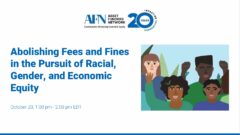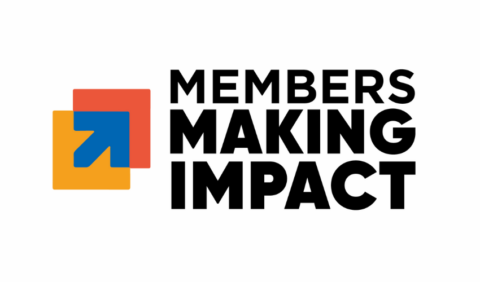Youth and adults caught in the legal system face numerous predatory fees and fines, most of which people cannot afford to pay. These onerous financial obligations criminalize poverty and impede access to employment, housing, and other critical assets–especially for people of color. As a result, fees and fines in the legal system undermine the economic security of low-income communities of color, stunt economic mobility, and exacerbate racial and gender wealth inequities. These fees and fines in the criminal and juvenile legal systems have been described as government-sanctioned wealth extraction.
The fees and fines imposed on young people and their families by the juvenile legal system are especially cruel and problematic. Not only do young people not typically have jobs or other resources to pay their fees and fines, but such costs also counter the rehabilitative promises of the juvenile legal system. Families are often faced with the difficult decision of paying for children’s legal fees and fines or paying for basic necessities. However, promising systemic solutions to abolish fees and fines are succeeding. In fact, meaningful fee and fine reforms within the juvenile legal system have eliminated $700 million in debt for low-income families.
On October 23, 2024, AFN led a discussion on:
- fees and fines as a matter of financial justice that impacts several asset-building strategies;
- the success of the Debt Free Justice National Campaign in eliminating $700 million in debt for low-income families across the country;
- what is needed to achieve even greater economic justice in the years to come; and
- the role funders can play in supporting coalition building, advocacy, and systems-level change.
Speakers
Anand Subramanian, San Francisco Foundation
Hernán Carvente-Martinez, Alianza for Opportunity
Marquetta Atkins, Destination Innovation/Progeny
Nadia Mozaffar, Juvenile Law Center
Stephanie Campos-Bui, UC Berkeley Policy Advocacy Clinic
*Thumbnail image provided by Debt Free Justice Coalition




